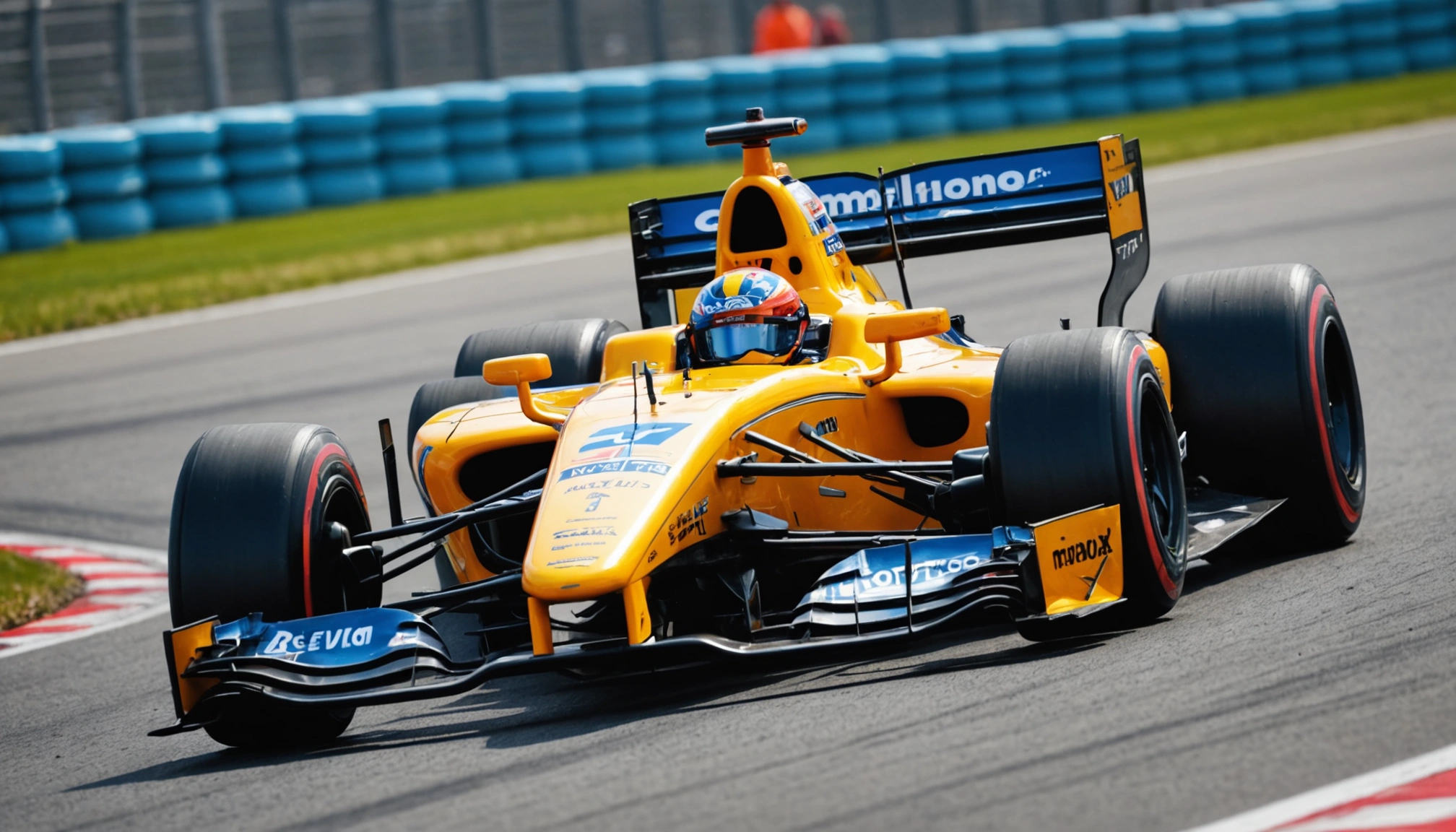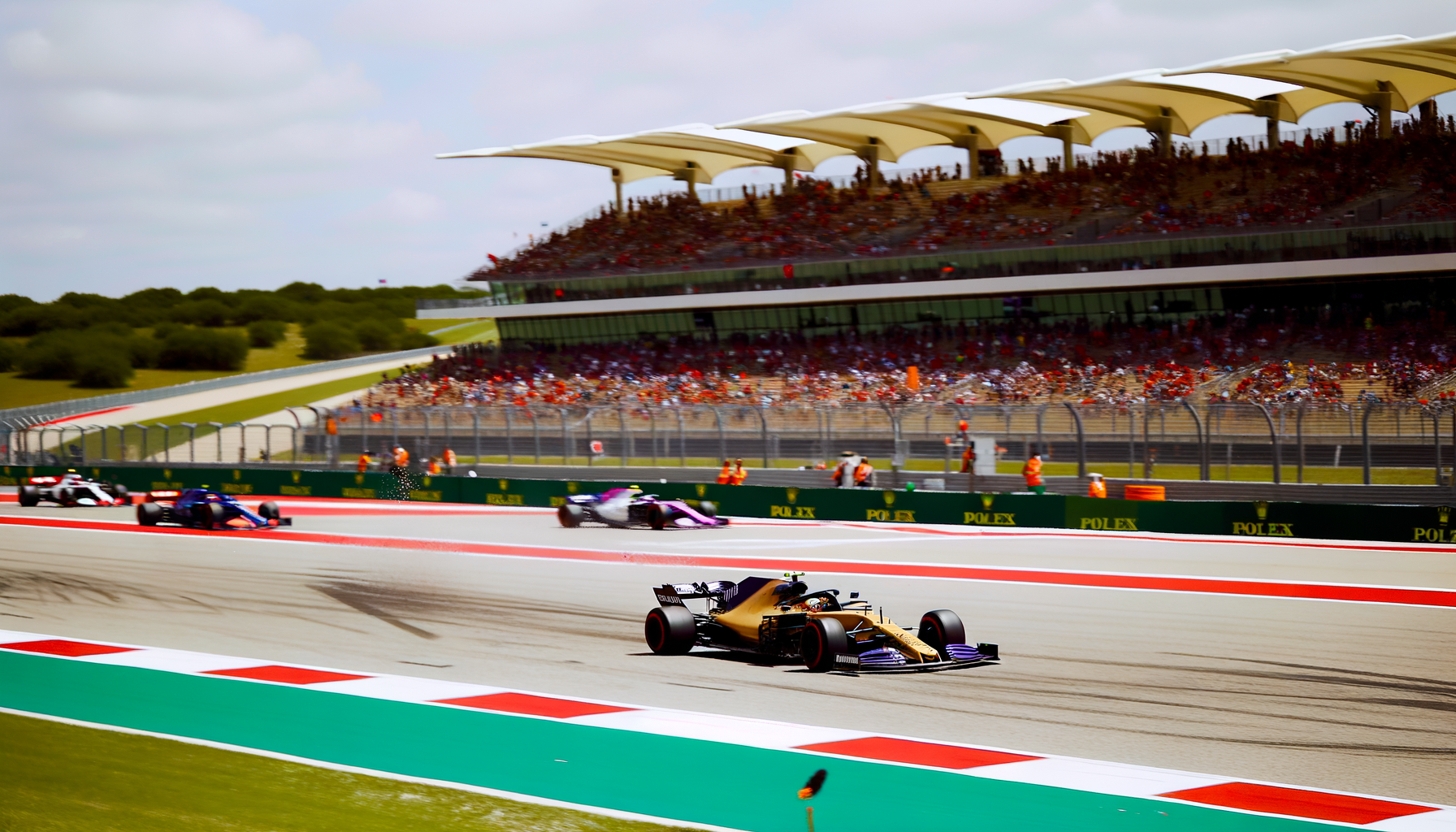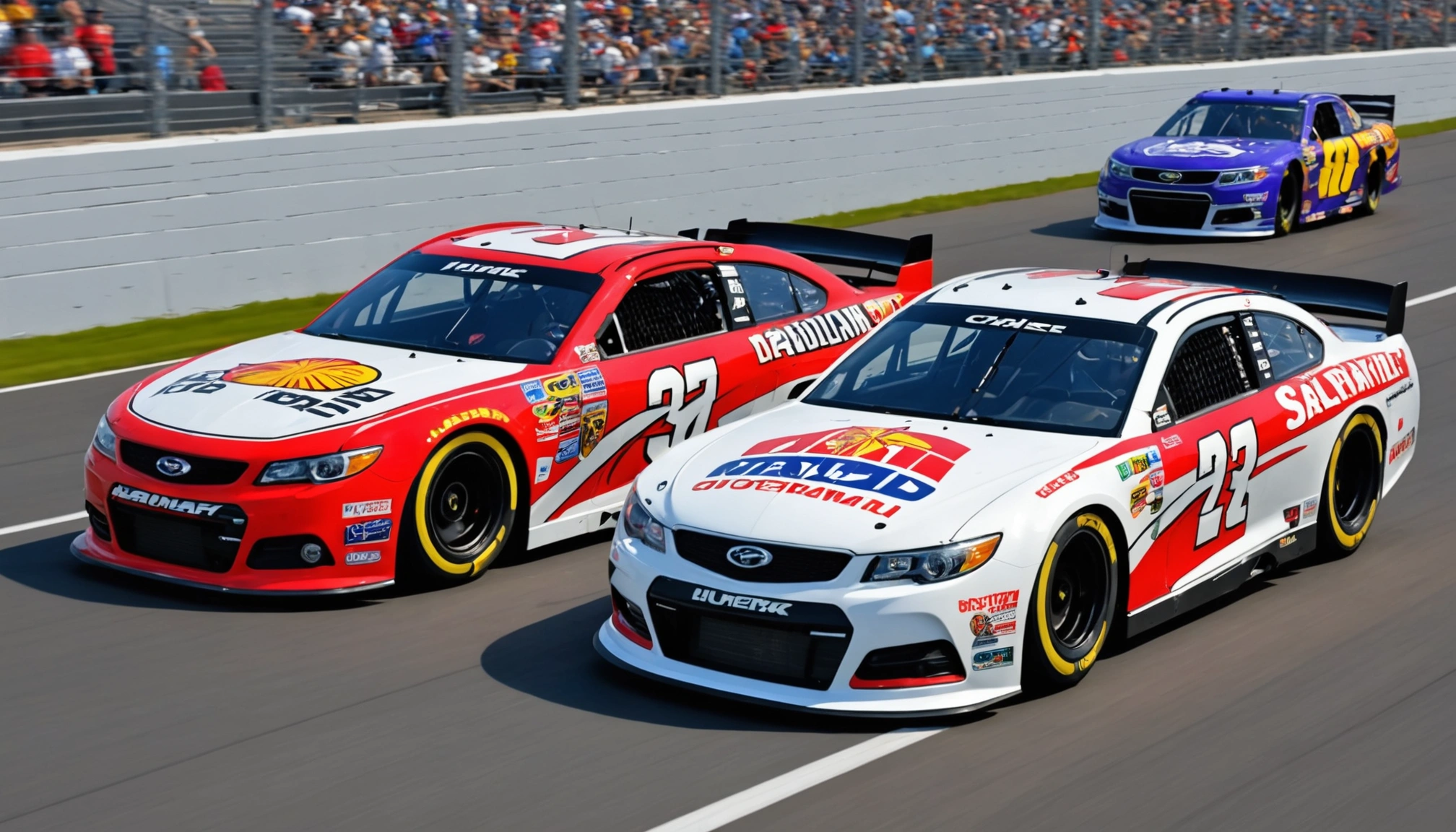Fernando Alonso’s enduring quest for a Formula 1 win since 2013
Explore Fernando Alonso’s remarkable F1 career, his win drought since 2013, and why it doesn’t reflect his true talent and impact on the sport.

By Editorial
Introduction to Fernando Alonso’s F1 career and win drought
Fernando Alonso remains one of the most talented and respected drivers in Formula 1 history. Despite his undeniable skill and two world championships, Alonso has not secured a race victory since 2013. Many fans and analysts argue that this winless stretch 'doesn't sound right' given his calibre and racing intelligence. This article delves into the reasons behind Alonso’s prolonged gap without a victory, his ongoing competitiveness, and his lasting impact on F1.
Overview of Fernando Alonso’s achievements and legacy
Alonso burst onto the F1 scene with remarkable success, clinching world titles in 2005 and 2006 with Renault. These victories ended Michael Schumacher’s dominance and revitalised Spanish interest in motorsport. Over the years, Alonso has driven for top teams including McLaren, Ferrari, and Alpine, showcasing versatility and resilience.
His career statistics are impressive: over 30 race wins, 2 world championships, and numerous podium finishes. Yet, since his last win at the 2013 Spanish Grand Prix, Alonso has faced challenges that have prevented further victories, despite often qualifying and racing competitively.
Factors contributing to Alonso’s winless spell since 2013
Team performance and car competitiveness
One of the main reasons for Alonso’s lack of wins is the varying competitiveness of the teams he has raced for. After leaving Ferrari in 2014, he joined McLaren during a difficult period marked by unreliable engines and uncompetitive cars. This hindered his ability to fight for podiums, let alone victories.
More recently, his return to Alpine (formerly Renault) has seen some strong performances but the team has not consistently provided a race-winning car. Formula 1’s technical regulations and dominance by Mercedes, Red Bull, and Ferrari have made it difficult for midfield teams to break through.
Changing F1 landscape and fierce competition
Since 2013, Formula 1 has evolved significantly, with younger drivers like Lewis Hamilton, Max Verstappen, and Charles Leclerc emerging at the front. The competition is fiercer, and race strategies have become more complex. Alonso’s driving style is highly adaptable, but the combination of these factors has made victories elusive.
Alonso’s ongoing competitiveness and recent performances
Despite the win drought, Alonso remains a formidable competitor. His racecraft, qualifying pace, and tactical acumen continue to impress. For example, his podium finishes in recent seasons prove he can still challenge the front runners when the car allows.
In the 2023 season, Alonso secured multiple podiums for Aston Martin, showcasing a resurgence in form. This underlines that his talent remains undiminished and that race wins could follow if team performance aligns.
How Alonso's longevity influences Formula 1
Fernando Alonso is one of the few drivers with a career spanning nearly two decades at the highest level. His longevity brings invaluable experience and leadership within teams. Younger drivers often look up to him for his insights and professionalism.
His continued presence also enriches the sport’s narrative, bridging generations of fans and racers. Alonso’s story emphasises perseverance and passion, which resonate well beyond the podium.
Comparisons with other drivers facing winless periods
Winless streaks are not uncommon in Formula 1. Even great drivers such as Sebastian Vettel and Kimi Räikkönen experienced periods without victories. The difference is often linked to machinery and team dynamics rather than driver skill alone.
Alonso’s situation reflects a broader theme in F1 where driver success is tightly coupled with car performance. This highlights why his lack of wins since 2013 is more about circumstance than capability.
What the future holds for Fernando Alonso
Looking forward, Alonso’s prospects depend heavily on his team’s ability to provide a competitive car. With Aston Martin investing heavily and Alpine focusing on development, the 2024 and 2025 seasons could offer Alonso renewed opportunities to add to his win tally.
His determination to compete at the highest level, coupled with his vast experience, makes him a potential race winner again. Fans can eagerly anticipate whether he will break the drought soon and add new chapters to his storied career.
Conclusion: Why Fernando Alonso’s win drought doesn’t define his legacy
Fernando Alonso’s lack of F1 wins since 2013 might seem surprising at first glance, but a deeper look reveals the complexities behind it. Factors such as team performance, fierce competition, and evolving regulations have played major roles. Yet, Alonso’s talent, resilience, and ongoing competitiveness remain undeniable.
His career exemplifies more than just victories—it’s about passion, adaptability, and influence. For a broader perspective on current sports stories, readers can explore latest football gossip, transfers, targets and contract updates and see how athletes across disciplines face challenges and triumphs.
For motorsport enthusiasts interested in other sporting fare, check out our coverage of Molly McCann’s rise and the future of British boxing, showcasing the spirit of perseverance that mirrors Alonso’s journey.
Related topics
Editorial
Sports expert at SportsScoop
Specialist in sports analysis and journalism
Related articles
Want to read more?
Explore our comprehensive collection of sports articles and analysis, or contact us for more information.



